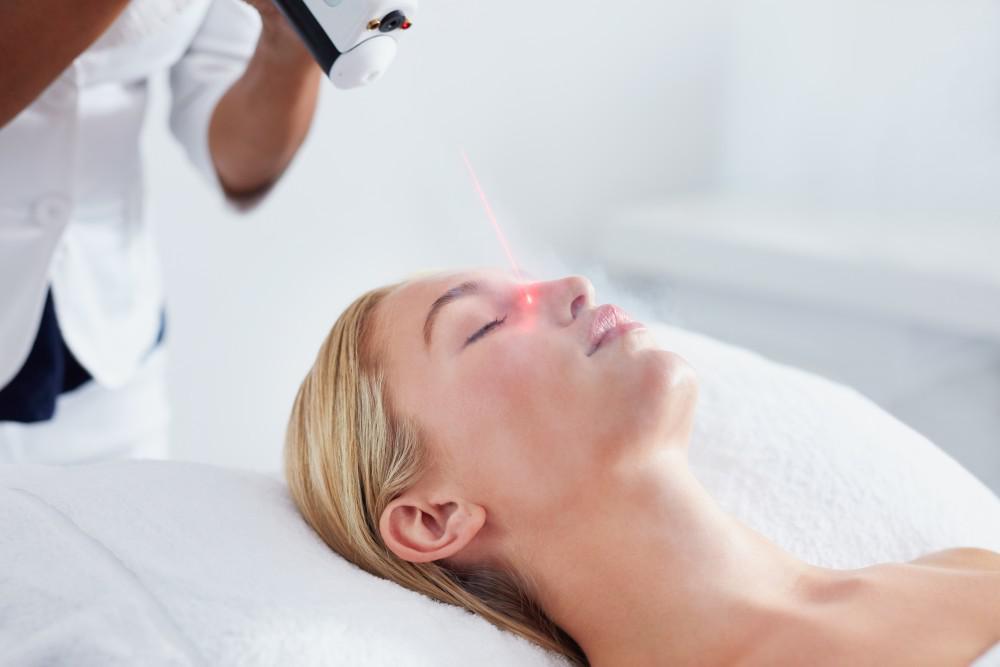Your skin is your largest organ and the most vulnerable to cancer. In fact, one in five people in the United States develop it at some point and every day, 9,500 of those diagnoses are made.
While those facts can seem daunting, there’s good news. Even the most dangerous type of skin cancer, melanoma, is usually highly treatable with early detection and treatment. Annual skin cancer screenings can play a big role in ensuring that happens.
At Northstar Dermatology in North Richland Hills, Texas, our expert team of board-certified dermatologists provides full-body skin cancer screenings to make sure warning signs of skin cancer are addressed quickly.
Take a few minutes to learn more about annual skin cancer screenings, including reasons to schedule yours as soon as possible.
What happens at an annual skin cancer screening
At your annual skin cancer screening, your provider at Northstar Dermatology performs a head-to-toe examination of your skin, including skin in difficult-to-see places, such as your scalp and buttocks.
Beforehand, you change into an exam gown. Then once the screening starts, they’llwe look over all of the skin on your body, taking note of any freckles, moles, and abnormal lesions. Your first annual exam serves as a helpful baseline in analyzing your skin each year.
Why you should schedule a skin cancer screening ASAP
Annual skin cancer screenings are important for most everyone, but scheduling one sooner versus later may be important for numerous reasons, including:
- You have genetic risk factors for skin cancer, such as light hair and eyes
- You have behavioral risk factors for skin cancer, such as a history of tanning or sunburns
- You have a personal history of skin cancer
- You have over 50 moles
- You’ve noticed a mole with unusual symptoms, such as bleeding, crusting over, jagged edges, or changing colors or size
The more risk factors you have, the more likely you would benefit from routine skin cancer screenings.
After your skin cancer screening
After your skin cancer screening, we recommend your ideal frequency of the exams moving forward. You may continue to benefit from yearly screenings, for example, or require tests more or less frequently, based on the state of your skin.
If you show potential signs of cancer at your screening, we may order additional tests, such as a biopsy. If the results confirm a type of cancer, your treatment may involve mole removal through freezing, excision, or Mohs surgery.
More intense treatments, like chemotherapy and radiation, are reserved for the most severe cases, such as late-stage melanoma.
To learn more about annual skin cancer screenings or get the care you need, call our office or request an appointment through our website link today.





